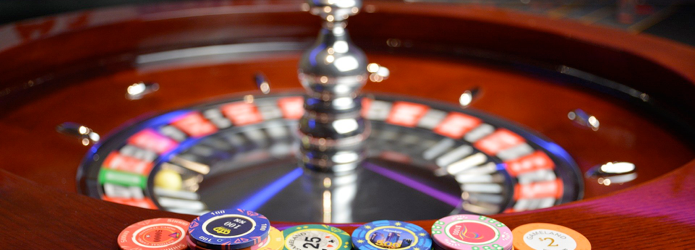Gambling addiction or pathological gambling is a hot psychological problem nowadays. Not only in adults, but it is also occurring in adolescents. This is, as we can imagine, due to the easy and fast access they have and we have to technologies. With very few clicks and without leaving home we can place bets, play bingo online, play card games online and a very long list in which we gamble a certain amount of money.
Gambling addiction: from use to abuse
The problem comes when the use goes to abuse. We start spending a small amount that makes us entertain ourselves for a while and we feel «a rush» for imagining that we can win a lot of money. However, some people break barriers that cause them to be unable to stop gambling and this can have very negative consequences in their lives: frequently worrying about gambling, spending all their savings, cheating to get money or neglecting social relationships to gamble, among others.
Abuse and addiction occur when tolerance and dependence to what the person has become addicted to is generated:
- Tolerance appears when, as the game is played, more time or larger amounts of money are needed to achieve the same effect, the same «high».
- Dependence is generated when you gamble to avoid or get rid of the discomfort caused by not playing, instead of for fun.
And why is online gambling so addictive?
The brain structure responsible for addictions is the reward system: the activity of neural circuits to repeat certain behaviors, which can be adaptive or maladaptive. For example, eating activates the reward system, as does winning a bet; however, eating is for survival and betting is not.
If the brain becomes accustomed to the reward of betting and winning (which is not always the case when betting) or the possibility of winning, it will develop a tendency to want to bet again. This is commonly known as craving. This behavior begins to be maladaptive, because it is played to get rid of that «monkey» and is not done for pleasure.
Cognitive biases in gambling addiction
In addition, what sustains pathological gambling abuse or uncontrolled online gambling are the following cognitive biases that occur in most gambling games:
- Illusion of control. Obviously, this illusion is false. It is the feeling that one is betting because one knows what one is talking about or feels that one somehow chooses chance, for example, when picking lottery numbers or betting that a certain soccer team will win because one is familiar with the sport.
- Monty Hall Paradox. This bias consists of thinking that you are more likely to win the next time because the prize was close on the previous occasion. For example, this happens when we bet on 7 again because in the previous roll we rolled a 6. It is something that depends completely on chance and that, on the contrary, we think we control when it is not so.
- Attribution of causality. When we gamble and bet it usually happens that we attribute successes to personal skills and, however, failures are attributed to external factors. In other words, we say something like «I am good at slot machines» when we win and say «This machine is rigged» when we lose.
- Being on a roll. When it happens that we have been winning some games, bets or plays due to luck, we think that because of it, the next one will be too.
All these biases make us repeat the behavior of playing over and over again, but they are nothing more than self-deceptions that cause us to enter this vicious circle from which it is very difficult to get out. Knowing these biases is a way to prevent addictive behavior towards gambling. If you have already entered this circle and have gone from use to abuse and from use to addiction, the most advisable thing to do is to ask for help from a psychology professional specialized in addictions. The sooner this circle is stopped, the lesser the negative consequences will be, so it is obviously best to stop it in time.
By UPAD Psicología y Coaching

